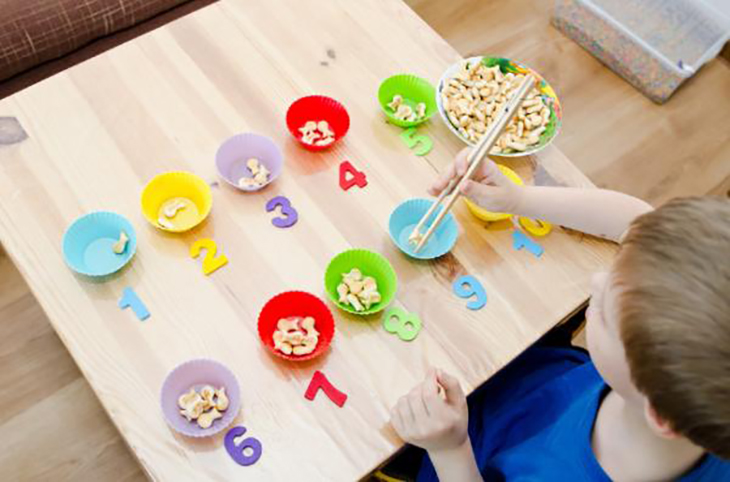
A recent study delved into the direct influence of engaging with music on students’ achievements in mathematics, and the findings demonstrated a noteworthy advantage.
Scholars posit that music has the potential to render mathematics more enjoyable, sustain student involvement, and alleviate apprehension or unease surrounding topics like fractions. Incorporating music could potentially even instill a sense of appreciation for mathematics in children and nurture their desire to delve deeper into the subject.
A common approach to infusing music into mathematics lessons for young learners entails rhythmically clapping along to songs, employing varying beats to learn numbers, and correlating fractions with musical notes.
The novel meta-analysis, published in the Educational Studies journal, scrutinized 55 global studies encompassing nearly 78,000 students spanning from kindergarten to university levels.
Three categories of musical interventions were considered: conventional music lessons encompassing singing, listening to, and comprehending musical composition; acquiring the skill of playing musical instruments either individually or as part of a group; and integrated music-math interventions, where music was interwoven into mathematics lessons.
Students underwent math assessments prior to and following their participation in the interventions, and the alterations in their scores were juxtaposed against those who did not partake in any intervention.
The utilization of music, whether in distinct lessons or as components of math classes, exhibited a more pronounced enhancement in mathematical skills over time.
Particularly, the amalgamation of both music and math within the same lessons wielded the most impactful outcome, with approximately 73 percent of students engaged in integrated lessons displaying significantly superior performance compared to their peers who received no form of musical intervention.
Likewise, 69 percent of students who acquired instrumental proficiency and 58 percent of students who received traditional music lessons exhibited greater progress than those without musical involvement.
The outcomes also unveiled that music contributes more profoundly to arithmetic education compared to other branches of mathematics, exerting a more considerable influence on younger students and those grappling with fundamental mathematical concepts.
Mathematics and music share numerous similarities, encompassing the utilization of symbols and symmetry. Both disciplines necessitate abstract thinking and quantitative reasoning.
Arithmetic, in particular, lends itself well to music-infused instruction due to the foundational overlap in concepts, such as fractions and ratios, pivotal to both subjects.
Musical notes of varying durations can be represented as fractions and combined to craft several musical bars.
Integrated lessons prove especially effective as they enable students to forge connections between mathematical and musical realms, offering added opportunities to explore, interpret, and comprehend mathematics from diverse angles.
“Encouraging mathematics and music teachers to plan lessons together could help ease students’ anxiety about mathematics, while also boosting achievement,” said Dr. Ayça Akın. She is from the department of software engineering at Antalya Belek University, Turkey.
Nevertheless, she pointed out constraints associated with the research. The study’s relatively limited number of investigations hindered the ability to examine the impact of factors like gender, socio-economic status, and duration of musical instruction on the outcomes.



